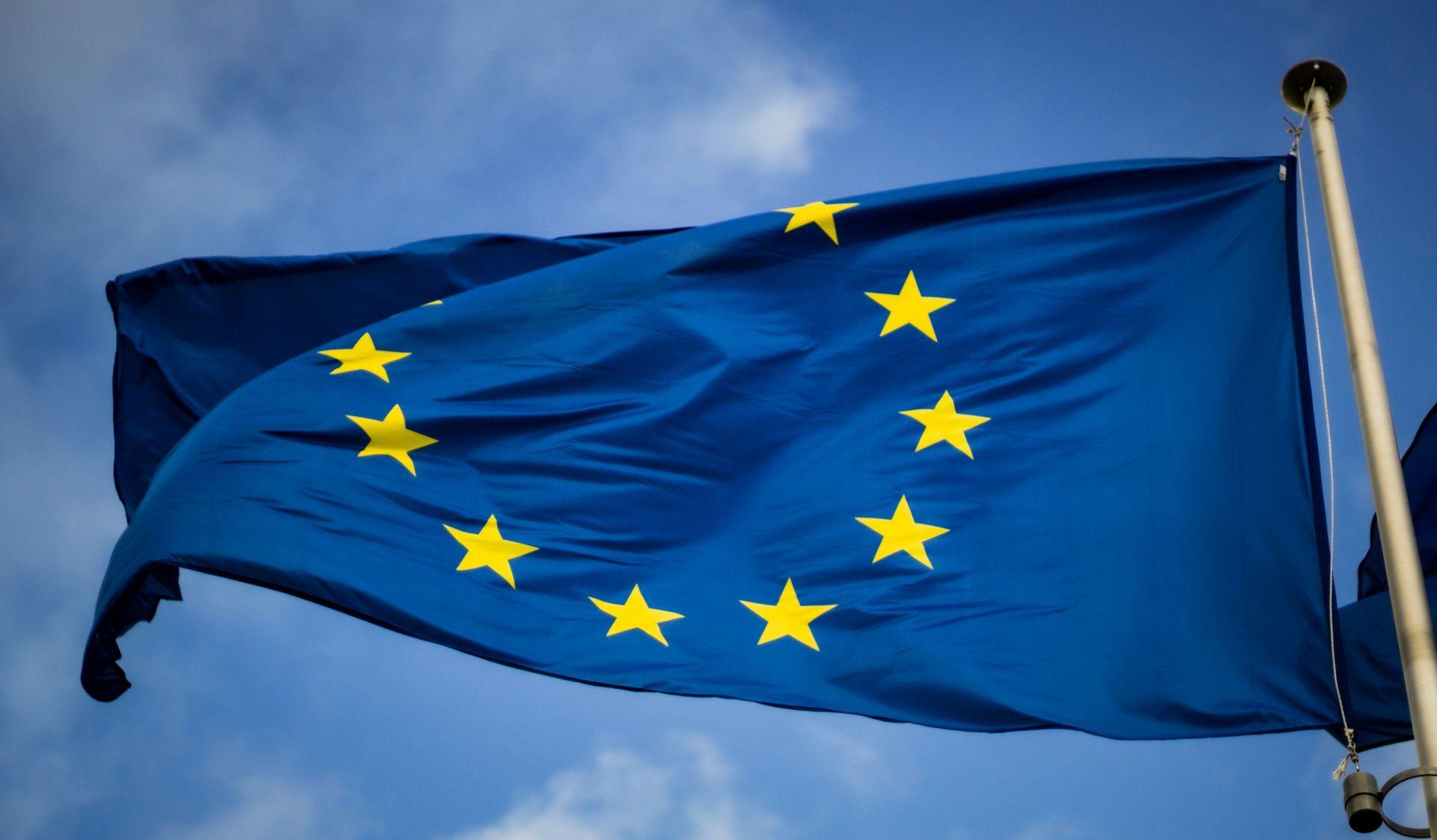Apple is the first company charged with violating the European Union’s Digital Markets Act (DMA) rules. This landmark event is a significant development in the ongoing efforts to regulate digital markets and ensure fair competition within the EU. The DMA, which came into force in March 2023, aims to curb the market dominance of big tech companies, ensuring that smaller businesses have the opportunity to compete fairly. Apple’s alleged violations of these rules highlight the ongoing challenges in achieving these goals.
Executive Vice-President of the European Commission EU Fit for Digital Age and Commissioner for Competition Margrethe Vestager has shared the news with the following words on X:
Today we open a new case + we adopt preliminary findings against @Apple under the DMA.
👉We are concerned Apple's new business model makes it too hard for app developers to operate as alternative marketplaces & reach their end users on iOS.
More🗞️: https://t.co/nYm5fW61jp
— Margrethe Vestager (@vestager) June 24, 2024
What did the Digital Markets Act defend?
The DMA was introduced by the European Commission as a regulatory framework to address the imbalance of power between large digital “gatekeepers” and smaller market participants. These gatekeepers, defined by the EU as companies with a significant impact on the internal market, providing a core platform service, and having an entrenched and durable position, are subject to specific obligations under the DMA. These obligations include ensuring that smaller companies can operate and compete on fair terms without being subject to unfair practices by the gatekeepers.
New App Store rules from Apple, same old concerns for developers
Apple, one of the most influential tech companies globally, was designated as a gatekeeper due to its significant market presence and control over its App Store. The App Store is a critical platform for app developers, providing them with access to millions of potential customers. However, the rules governing the App Store have been under scrutiny, with allegations that they hinder fair competition and limit the ability of developers to reach consumers through alternative channels.
Apple’s alleged DMA violations
The European Commission’s preliminary findings indicate that Apple’s App Store rules are in breach of the DMA. Specifically, the Commission has raised concerns about Apple’s “steering” practices. Under the DMA, developers should be able to inform customers of alternative purchasing options outside the App Store, including cheaper options. However, Apple’s current rules restrict developers from providing this information within their apps. This limitation prevents developers from freely communicating with their customers about alternative offers.
Moreover, the Commission’s findings suggest that Apple’s “link-out” process, which allows developers to include a link in their app that redirects customers to a web page for purchasing, is overly restrictive. The conditions imposed by Apple on these link-outs are seen as barriers to effective communication and competition. For instance, developers are prohibited from promoting offers or concluding contracts through their preferred distribution channels, which limits their ability to reach consumers effectively.

The Commission also highlighted that the fees Apple charges developers for purchases made within seven days after a link-out from the app are excessive. These fees go beyond what is considered necessary for Apple’s remuneration, placing an additional financial burden on developers and potentially deterring them from using alternative channels to reach their customers.
New non-compliance investigations
In addition to the preliminary findings on Apple’s steering rules, the European Commission has opened a new non-compliance investigation into Apple’s contractual terms for developers. This investigation focuses on Apple’s “Core Technology Fee” and other new requirements that developers must meet to access certain features enabled by the DMA. The Core Technology Fee, which charges developers €0.50 per installed app, is under scrutiny to determine if it complies with the DMA’s necessity and proportionality requirements.
The investigation will also examine the steps required for users to download and install alternative app stores or apps on iPhones. Apple’s multi-step process and the various information screens displayed to users during this process may create obstacles that hinder the effective implementation of the DMA’s provisions. Additionally, the eligibility requirements that developers must meet to offer alternative app stores or distribute apps directly from the web will be assessed for compliance with the DMA.
These investigations reflect the European Commission’s commitment to enforcing the DMA and ensuring that gatekeepers like Apple adhere to its requirements. The outcome of these investigations could have significant implications for Apple’s business practices and the broader digital market landscape.
Background and implications
The designation of Apple as a gatekeeper and the subsequent investigations are part of a broader effort by the European Commission to regulate digital markets and promote fair competition. Alongside Apple, other major tech companies such as Alphabet, Amazon, Meta, and Microsoft have also been designated as gatekeepers and are subject to the DMA’s obligations. These companies control key digital platforms that serve as gateways for businesses and consumers, making their compliance with the DMA crucial for achieving its objectives.

The potential penalties for non-compliance with the DMA are severe. The European Commission can impose fines of up to 10% of a gatekeeper’s total worldwide turnover, with the possibility of increasing this to 20% for repeated infringements. In cases of systematic non-compliance, the Commission can also mandate additional remedies, such as requiring the sale of parts of the business or banning the gatekeeper from acquiring new services related to the non-compliance.
As the first company charged with violating the DMA, Apple’s case will be closely watched by regulators, industry stakeholders, and other gatekeepers. The outcome of this case could set a precedent for how the DMA is enforced and shape the future of digital market regulation in the EU. It underscores the ongoing efforts to create a fair and competitive digital market, where smaller businesses have the opportunity to thrive without being stifled by the dominance of a few large players.
Featured image credit: Emre Çıtak/Bing Image Generator






